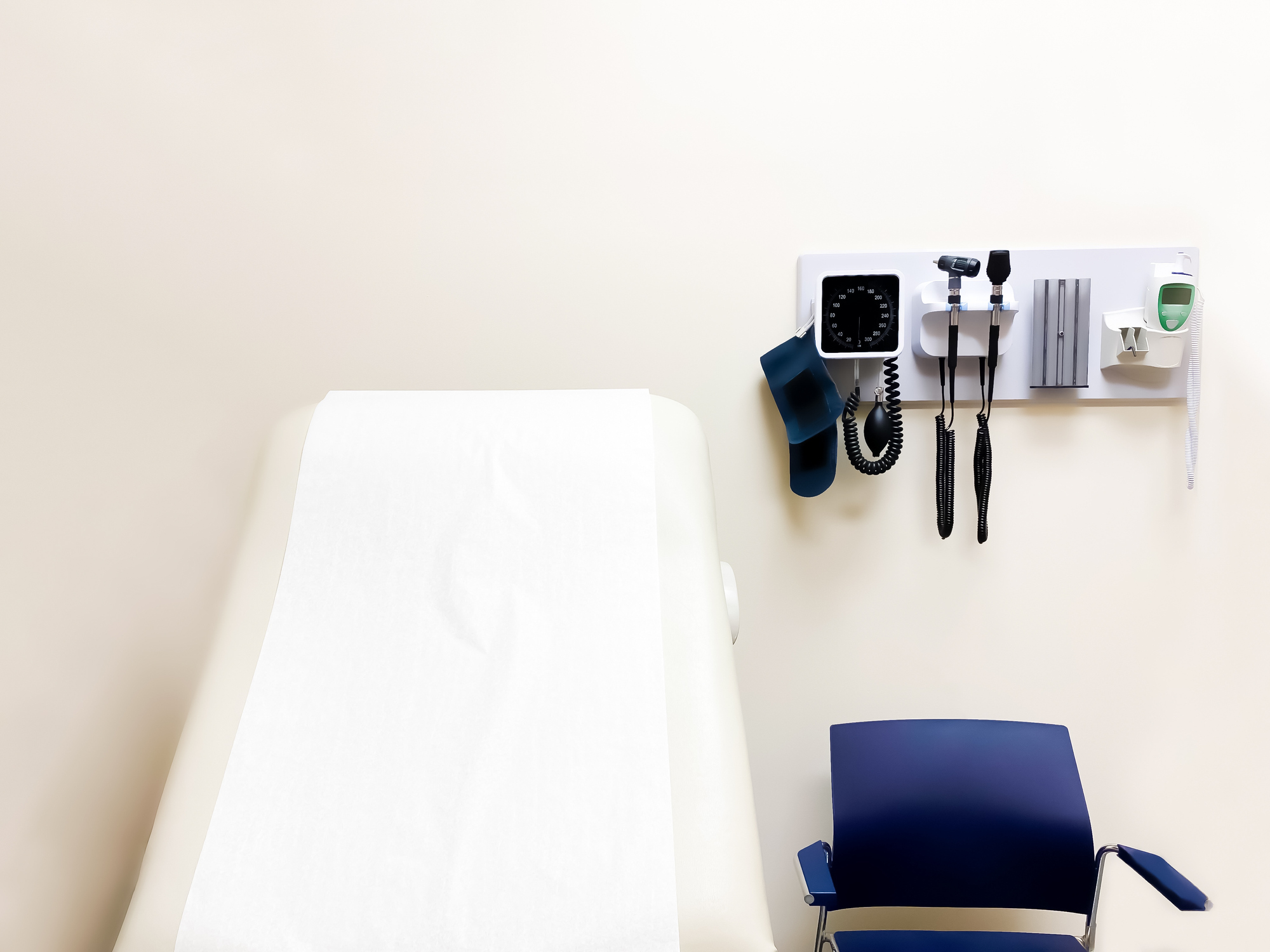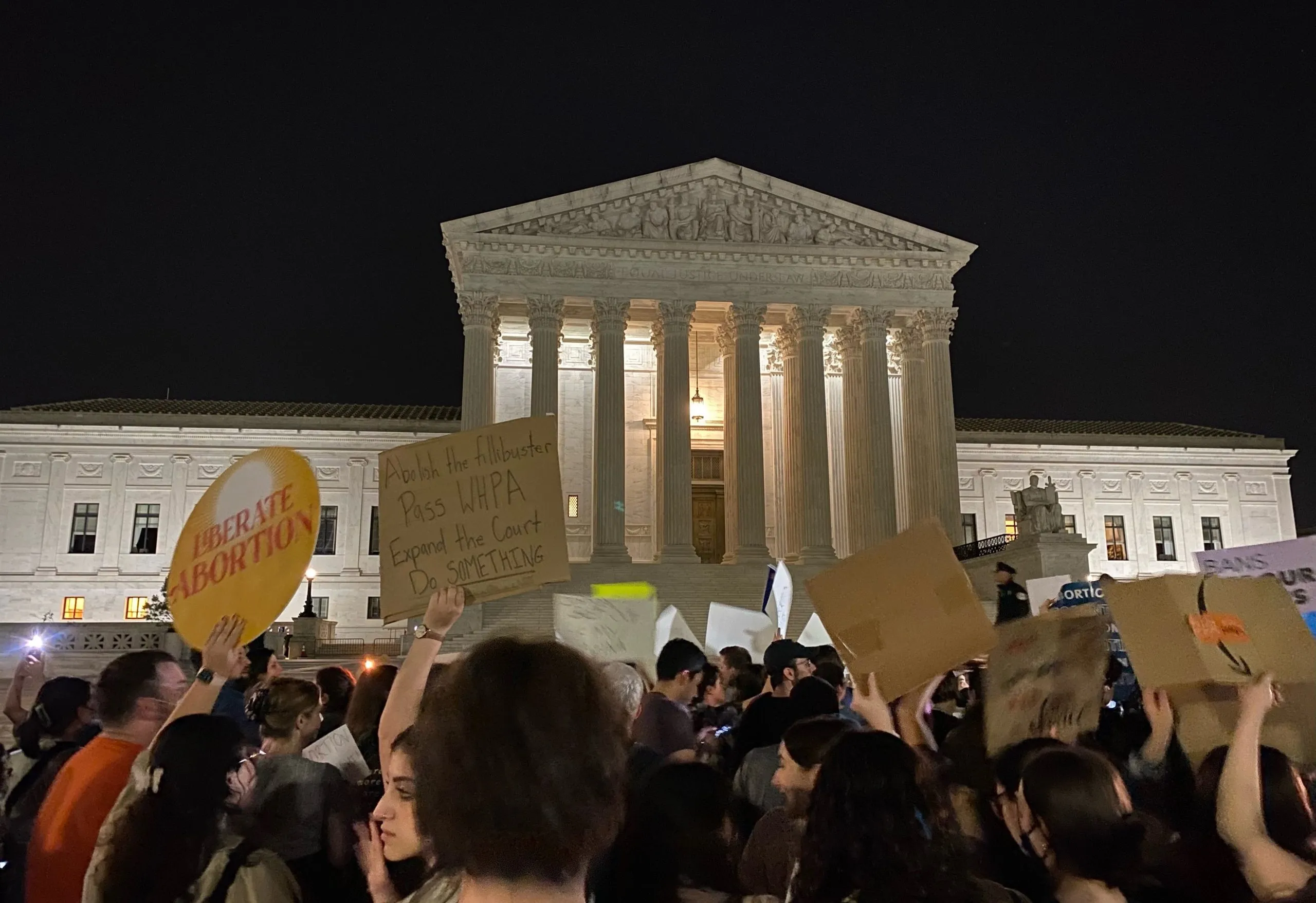How Are Bankruptcy Payment Plans Determined
Chapter 13 bankruptcy payment plans are determined based on a number of factors, including the debtor’s income, expenses, and debts. Here is an overview of how Chapter 13 bankruptcy payment plans are determined and what you need to know if you are considering using Chapter 13 bankruptcy as a solution.
Chapter 13 bankruptcy is a type of bankruptcy in Prattville that is available to individuals. It is often referred to as a “reorganization” bankruptcy, as it involves the reorganization of debts into a repayment plan. If you file for Chapter 13 bankruptcy, the court will appoint a bankruptcy trustee to oversee your case. The trustee will work with you to create a repayment plan that outlines how you will pay off your debts over a period of three to five years.
One of the benefits of Chapter 13 bankruptcy is that it can provide a way to catch up on missed payments on secured debts, such as a mortgage or car loan. In addition, Chapter 13 bankruptcy in Birmingham can potentially help with unsecured debts, such as credit card debts or personal loans, by allowing you to include them in your repayment plan. This can provide a way to catch up on missed payments and avoid collection actions from your creditors.
Calculating your disposable income is the first step in developing your Chapter 13 bankruptcy payment schedule. The money you have left over after covering your required living costs is your disposable income. You must complete a means test, which entails filling out a form asking about your income and expenses, to ascertain your disposable income. The bankruptcy court will use the results of the means test to determine whether you qualify for Chapter 13 bankruptcy and, if so, how much you will have to pay monthly as part of your repayment plan.
Once your disposable income has been calculated, the next step is to determine how much you will need to pay each month under your repayment plan. The amount you will need to pay each month will depend on a number of factors, including secured debts that are debts that are tied to specific property, such as a mortgage or car loan. If you have secured debts, you will need to pay them off in full under your Chapter 13 bankruptcy repayment plan.
Unsecured debts, such as credit card bills or personal loans, are not secured by any property. The amount you must pay on your unsecured obligations under your Chapter 13 bankruptcy repayment plan will be determined by your disposable income and the total amount of your debts. This is why you should retain a local bankruptcy attorney in Montgomery, or wherever you live, to help you through the process.
Your Chapter 13 bankruptcy repayment plan’s length will be determined by your disposable income and the quantity of your obligations. If your disposable income is low and your debts are considerable, a longer payback plan may be required (up to five years). You may have a shorter payback plan if your discretionary income is higher and your obligations are lower (three years).
Once your repayment plan has been determined, you will need to make payments to the bankruptcy trustee each month. The trustee will then distribute the payments to your creditors according to the terms of your repayment plan. It is important to note that you will need to make your payments on time each month in order to successfully complete your Chapter 13 bankruptcy repayment plan.
If your financial circumstances change throughout the course of your Chapter 13 bankruptcy repayment plan, you may be able to alter it to reflect the changes. For example, if you lose your job or your income drops, you may be able to amend your repayment plan to lower your monthly payments. Your Alabaster bankruptcy attorney must file a motion with the bankruptcy court and present evidence of your changed circumstances to obtain a modification to your Chapter 13 bankruptcy repayment plan. The bankruptcy court will then decide whether to grant your modification request.
Chapter 13 bankruptcy payment plans are determined based on a number of factors, including the debtor’s income, expenses, and debts. The bankruptcy court will use this information to determine how much you will need to pay each month under your repayment plan. If your financial circumstances change during the course of your Chapter 13 bankruptcy repayment plan, you may be able to modify your repayment plan to reflect those changes. It is important to work closely with your bankruptcy trustee and to make your payments on time each month in order to successfully complete your Chapter 13 bankruptcy repayment plan.
Attorney Steven A. Harris regularly blogs in the areas of family law, bankruptcy, probate, and real estate closings on this website. Mr. Harris tries to provide informative information to the public in easily digestible formats. Hopefully you enjoyed this article and feel free to supply feedback. We appreciate our readers & love to hear from you!
Sharing is caring:







